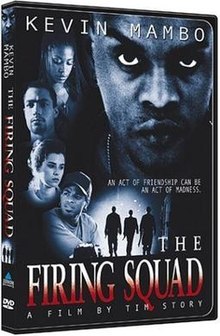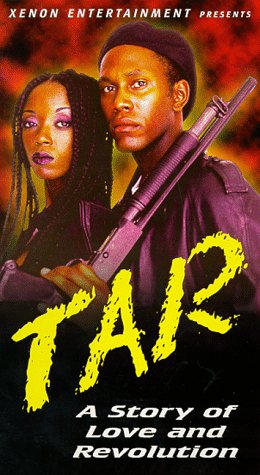
Xenon Finds Niche in Black-Oriented Film


July 12, 1999 by FRANK SWERTLOW
Often the road to success is paved with failure, and that has been the case with Santa Monica-based Xenon Entertainment Group. It all started 15 year ago after S. Leigh Savidge produced a one-hour video featuring a group of young comics at A comedy competition, including Jay Leno. The rub came when Savidge tried to find a company to distribute the video.
He never found one. But he did find an employer; he wound up working for a small video distribution company where he could learn the business. The experience gave him a good sense of the video retail market, and he discovered an untapped niche; films that appeal to African Americans. ”There was a sizable market out there, and depending on the area, black consumers made up 25 percent of theatrical sales.” he said. “I don’t think that Hollywood understood the importance of the black consumer during this period.”
Cobbling together $17,000, he and an associate started a company that is now Xenon. The key to its success can be traced back to the deals Savidge cut with mom-and-pop video stores, which bought the videos from Savidge and then rented or sold them to customers.
Today, Xenon is the leading marketer and distributor of films targeting African-American audiences here and abroad. Sales for 1999 are projected to hit nearly $9 million, a 30 percent jump over 1998. Xenon made $1 million in its first year of business in 1986. Not surprisingly, its biggest markets are New York, Los Angeles and Chicago.
Xenon, with 250 titles in its library today, couldn’t afford films like the 1972 hit “Superfly,” which were controlled by the major studios. That meant Xenon had to beat the bushes for independent films to license. And while it might seem ironic that Savidge, who is white, is responsible for popularizing black-oriented films that otherwise would have never seen the light of day, producers of such films say they’re grateful to him.
One recent example of Savidge’s dogged-ness was his pursuit of ”Coonskin” a much praised animated feature about Black America that was produced by Albert S. Ruddy and directed by Ralph Bakshi. ”Savidge tracked us down.” said Andre Morgan. Ruddy’s partner in the Ruddy-Morgan Organization in Beverly Hills, “We didn’t put an ad in the trade papers. They were very persistent and then they came back to us with a check for a fairly sizable amount of money. Then they came back to us with a check from the United Kingdom, and at no prodding from us. This was a film that was literally sitting on the shelf and generating no income.”
Ayoka Chenzim, who wrote, produced and directed “Alma’s Rainbow,” a drama that was a popular video rental last year, calls Savidge a “courageous” businessman. “He came up to Harlem and had dinner with me in an Ethiopian restaurant,” she recalled. “I like to do business with someone I can look in the eye. After three or four hours, I felt I was about to do business with someone who understood my film and the challenges that people of color have when they have a black protagonist.”